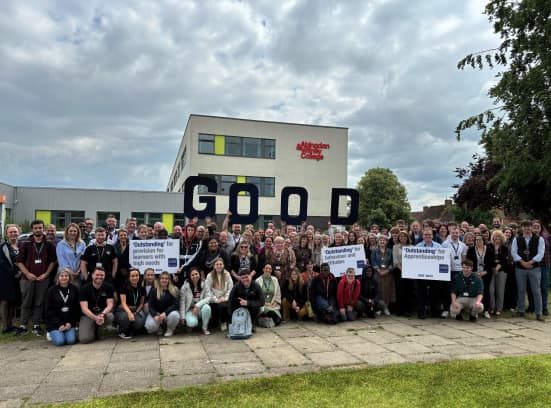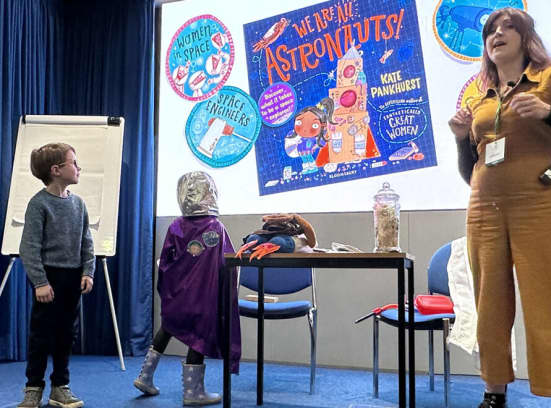Are the words quantum physics your Kryptonite? Science is full of words that induce grimaces, boredom and even terror in people. Scientists themselves will often bask in joy in one subject and cringe in a corner in another. So let’s get rid of the words and get down to basics. At the root of it, science is about understanding ourselves, our world and beyond. This is not about subjects and complicated names. This is about thinking. And I am here to make the bold claim that all people think science.
For the past 15 years I have been building bridges between qualified scientists and all kinds of regular people who wouldn’t call themselves scientists. But I have observed that those regular people - who might be 6 or 60 years old and who have never stepped foot in a lab - are science thinkers. Sometimes the best questions, the ones that really make us think, come from someone with no degree, who says they hate science. You might call it curiosity or even creativity but those ways of thinking are the seeds of science.
You might apply your science thought to fixing the washing machine, putting together a nice meal or trying to figure out the best way to get the frost off your car. All these sorts of activities are using the same way of thinking as a scientist who is developing a new cancer treatment. A recent study published in a top journal – ‘Nature’ – suggested that students who nurture their curiosity do better in a research career. There is also evidence that curiosity makes you feel good and less helpless.
There are lots of opportunities for non-scientists to give their science brain a workout. I am not talking about boring lectures, the same ones that turned you off science in the first place. I am talking about getting in and having a go. You could try a citizen science project, where you can do practical things that actually contribute to real research. BashTheBug is one of my personal favourites – who wouldn’t want to help find new antibiotics!? You can have a bash at the University of Oxford Zooniverse website (zooniverse.org) which hosts loads of fun citizen science projects. Who knows, you could even end up with a star or new species named after you!
During lockdown a lot of the usual hands-on science events have unfortunately been cancelled, but there are some seriously cool virtual offerings for the whole family. If you are on Twitter then checking out #GlobalScienceShow and #ScienceFromHome will give you binge-worthy videos of at home science experiments. IF Oxford (if-oxford.com) is taking to the screens for a groundbreaking, pandemic-friendly interactive celebration of science. And of course, for sciency stories, experiment ideas and loads more curious fun, I am adding content constantly to curiosity-box.com








